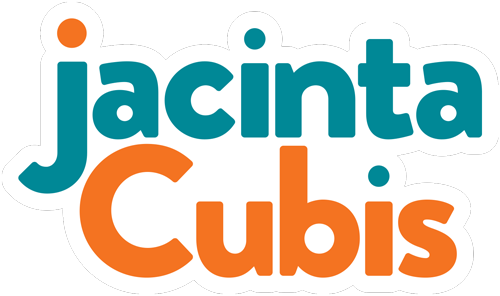Do you know how to ask for help?
This week someone I deeply respect told me that she needed to get better at asking for help.
She told me that she had long admired my ability to do so.
“You can see what gaps you need to fill and you go and find just the right people to fill them,” she said.
Collaboration is all about people. You can’t collaborate on your own. The ability to find the right people to help you solve a problem is a fundamental part of collaborative practice. Like all people skills, it’s the sort of stuff that you either know how to do, intuitively, or you learn it ‘on the job’, as a study of effective collaboration in Australia and New Zealand found earlier this year.
Even thought I know who to connect with and how, I learnt much from a wonderful leader when I worked in government. He seemed to have the magic touch. Doors opened before him and people responded generously to his every request. And there were many. We were in a tiny Department, low in the pecking order and not a sexy portfolio. His efforts ensured that we got our controversial campaign about health and alcohol off and running. The bigger and better resourced Department down the road lagged behind us. They were like a slow oil tanker and we were like a speedy tug boat, moving nimbly through heavy harbour traffic, thanks to the support of a great crew of helpers.
What was his secret? Clarity of purpose, the ability to put himself in others’ shoes, compassion for their needs and empathy for their interests. He also had a great sense of humour, held his responsibilities lightly and was a great mentor.
Are you good at asking for help? Do you know who to ask? And what to ask them?
Over the past few weeks, I’ve been working with completely different groups of people about strengthening their ability to collaborate and they asked me questions along the same lines.
“How do you get the right mix of people?”
“Who needs to be in the room?”
“How do you know who to collaborate with?”
Short of having someone to shadow, like my former leader, I asked them these questions:
💠 What’s the problem you’re trying to solve?
💠 Who cares?
💠 Who do they talk to?
💠 Who might look at the issue differently?
💠 Who doesn’t have a voice yet?
I also gave them a simple template with a step-by-step process to identify who they might need to ask for help and about what. They found it really helpful. If you’d like a copy, reply with a ‘YES’ and I’ll send it to you.
